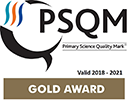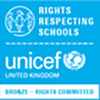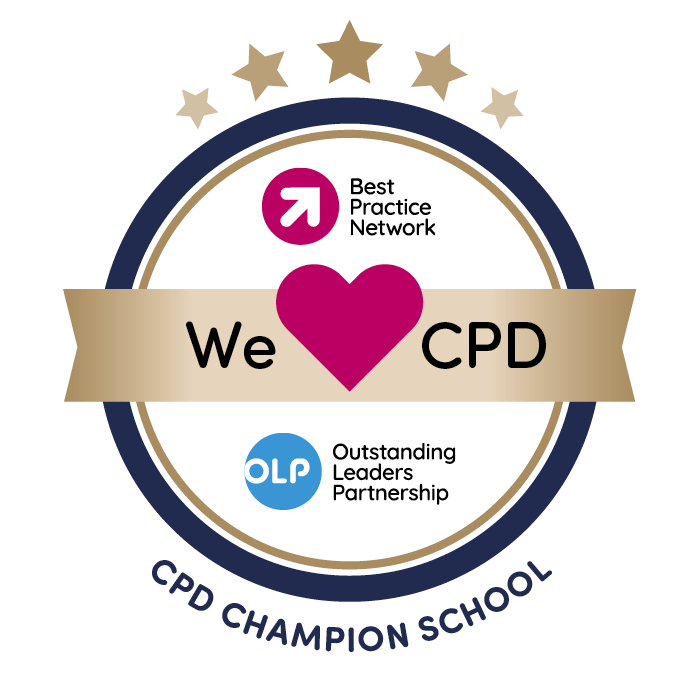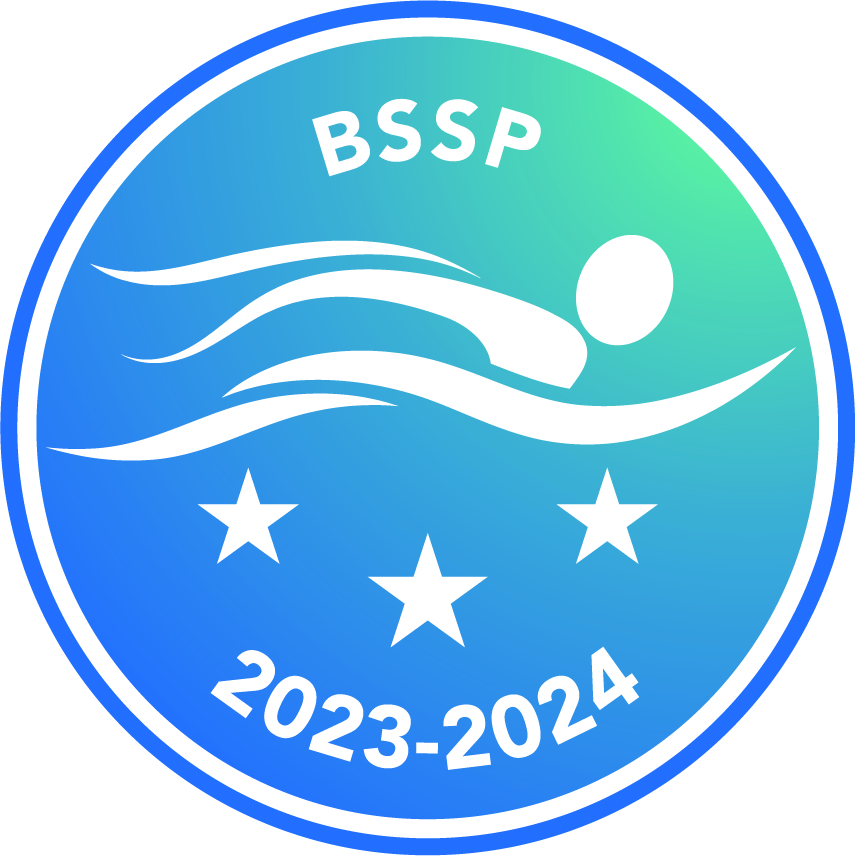RE
All pupils at The Downley School are immersed in a carefully crafted RE curriculum that is broad and balanced, deep and rich, relevant to life in modern Britain and our global community. This encourages all pupils to become resilient, lifelong learners whatever their starting point or ability.
Our RE curriculum enables pupils to learn, grow and succeed together and is underpinned by our six values.
Below are documents for the curriculum as well as the intent, implementation and impact statement. If you would like to view the progression document for RE, please contact the school office.





